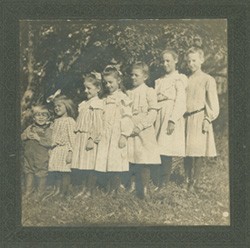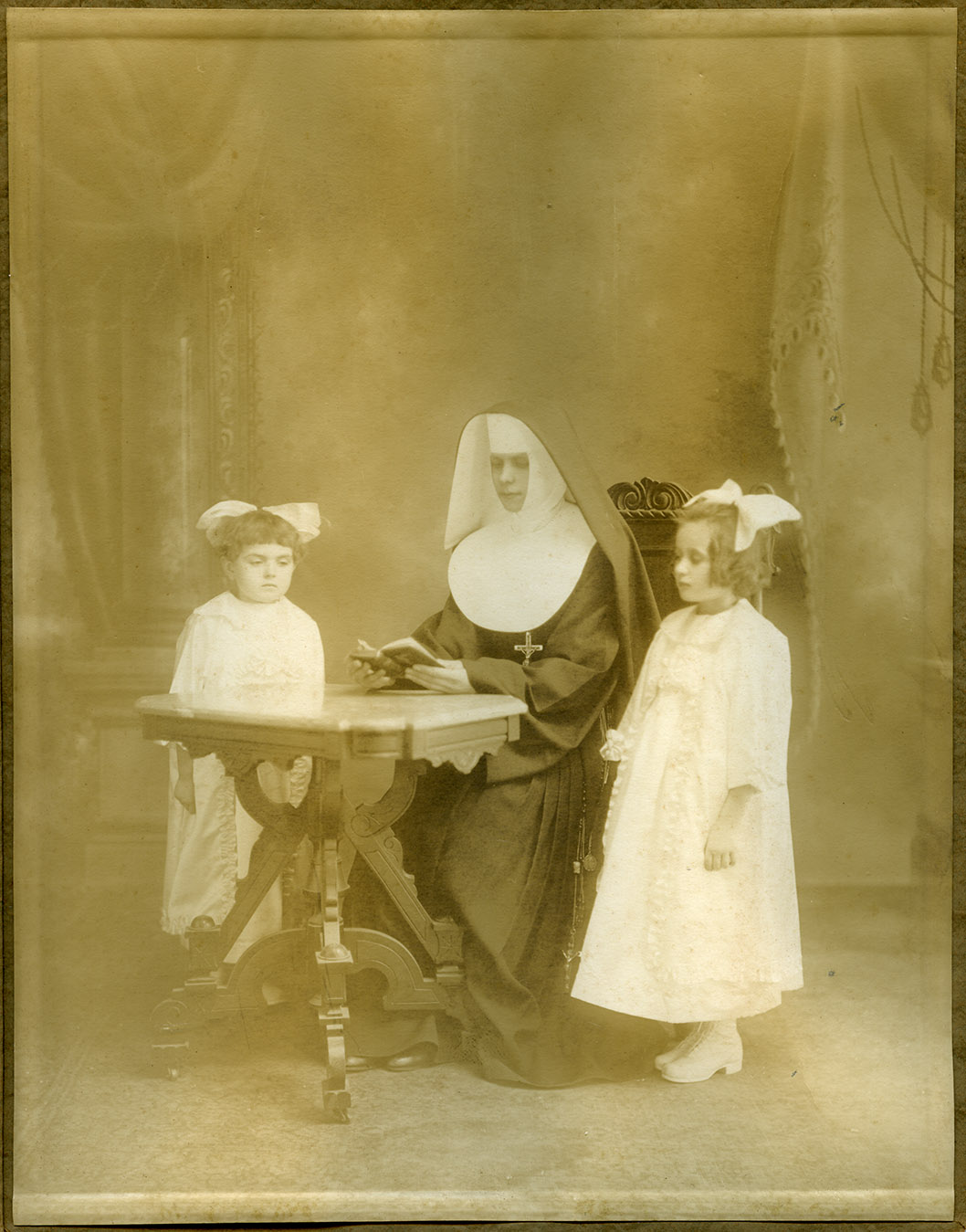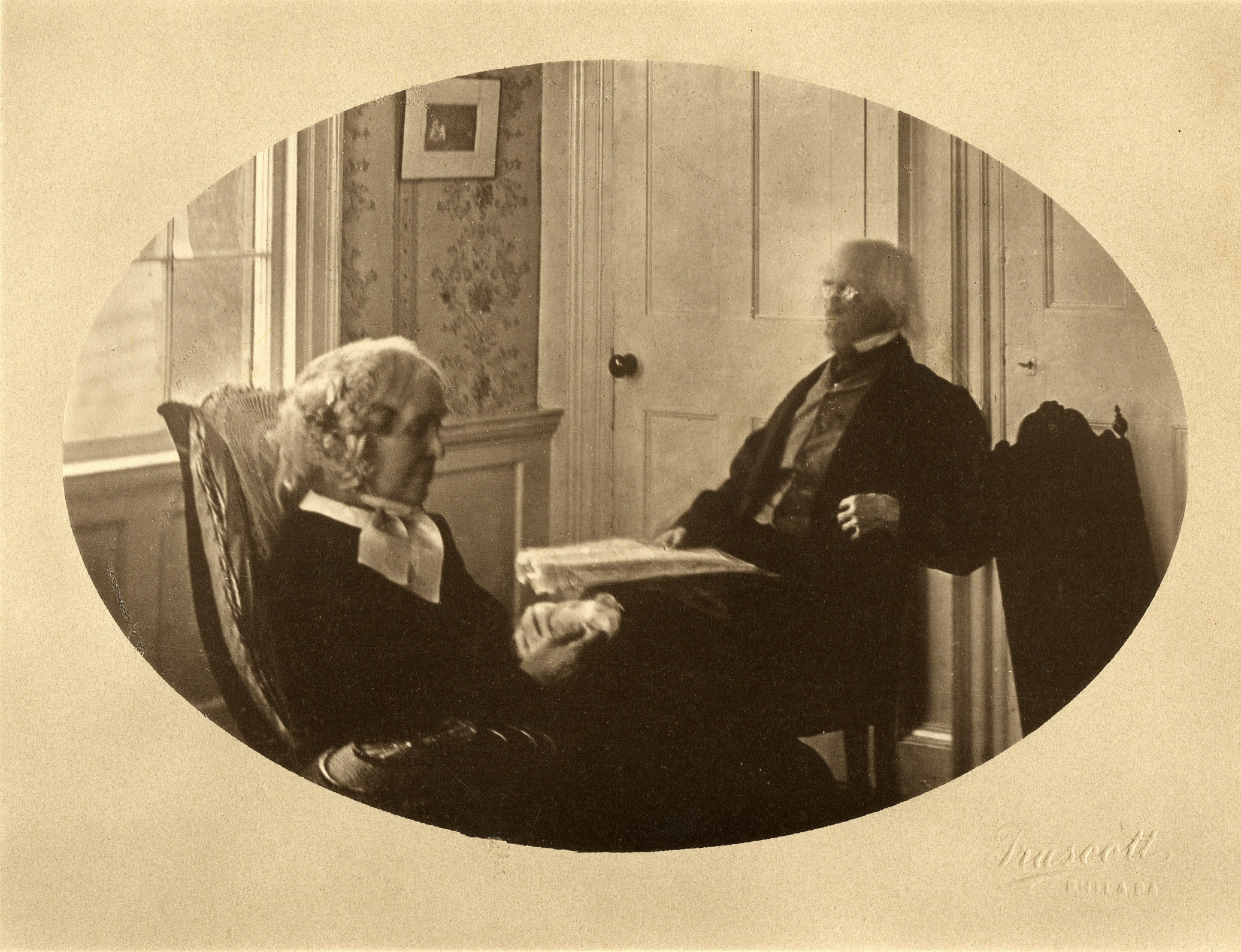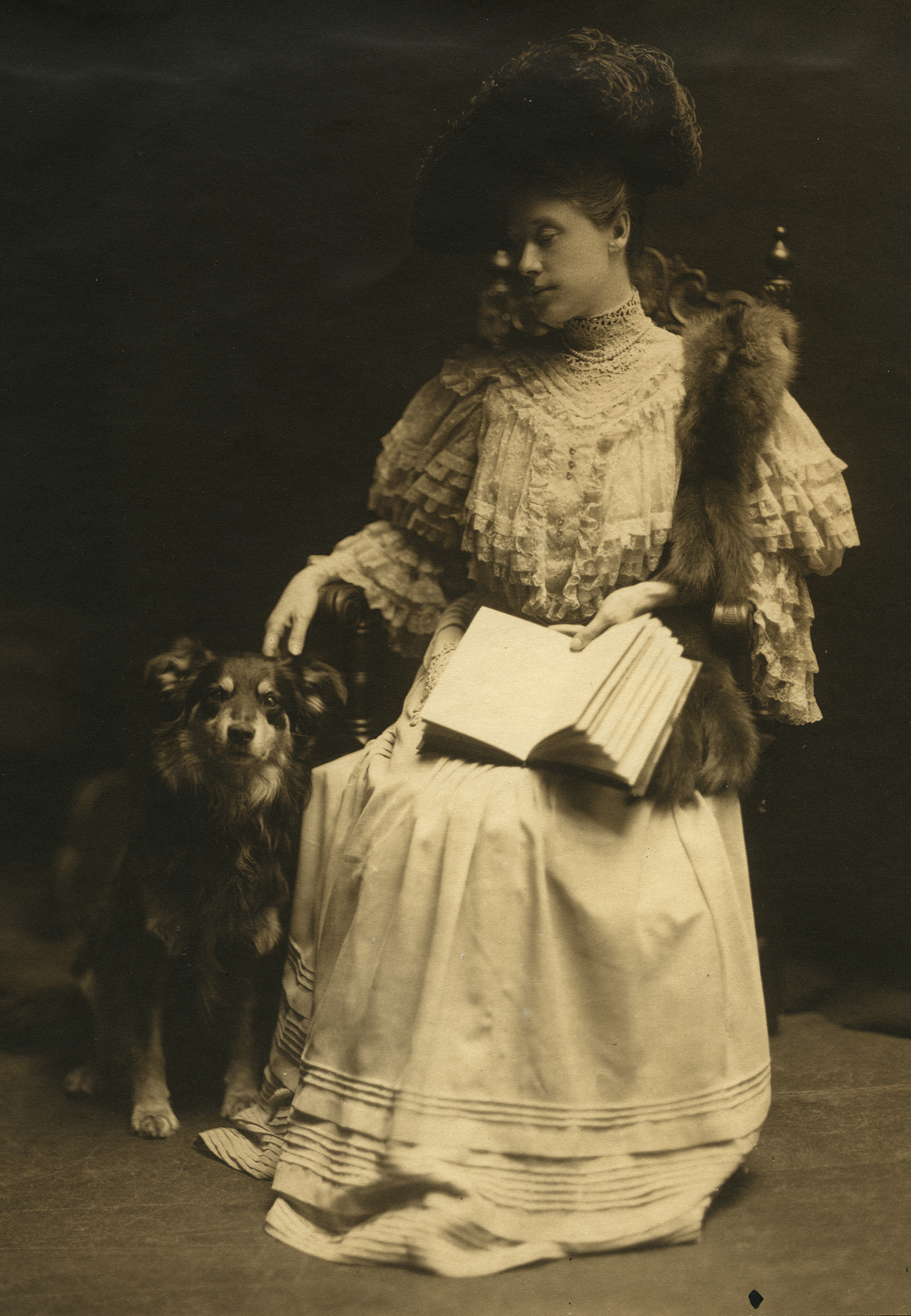Catharine Sargent Huntington Papers
Actress, producer/director, theater company founder, teacher, activist, avid gardener, and devoted family-member, colleague and friend, Catharine Sargent Huntington was born in Ashfield, Massachusetts on December 29, 1887. She attended Radcliffe College, graduating in 1911, and taught English and Theater at The Westover School in Middlebury, Connecticut from 1911 to approximately 1917. By the end of 1918 she had begun her theater career in earnest, working as a dramatic coach in the Boston area. In January 1919, she became the Radcliffe College representative to the Wellesley unit of the Y.M.C.A., working in France on war reconstruction before returning to Massachusetts to continue her work with the theater, particularly experimental theater, which was to endure for the next 60-plus years through her patronage, and her many performances, productions, and theater companies.
Spanning as it does almost a century from the late 1800s to the late 1900s, this collection captures Catharine Sargent Huntington’s many interests, professional and personal activities and connections, and close family relationships, through more than 2,300 pieces of personal and business correspondence; photographs; photographic negatives; theater programs; scripts; original manuscripts of her poems, speeches, stage notes, and theater production scenarios; newspapers and newspaper clippings; estate and will information; organizational documents of the many organizations she helped direct; personal financial documents; and other printed material and items of ephemera.





